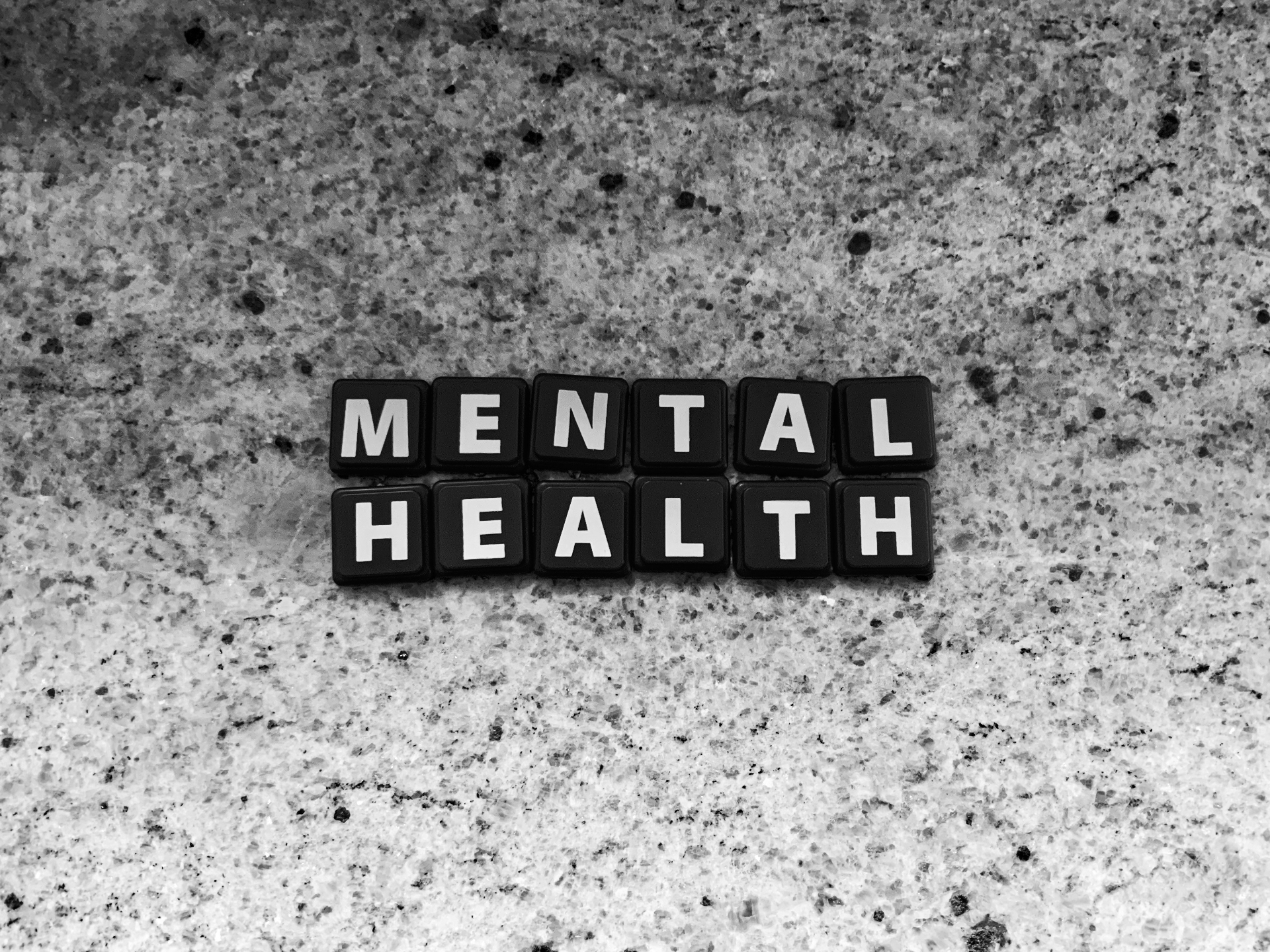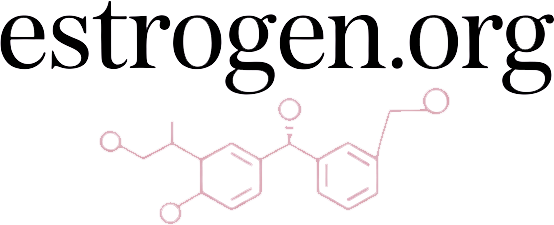
The complex relationship between hormones and mental health has long fascinated researchers, but recent studies are revealing just how profound the impact of estrogen can be on brain function, mood regulation, and psychological wellbeing.
The Estrogen-Brain Connection
Estrogen does far more than regulate reproductive functions—it plays a crucial role in brain health. Estrogen receptors are abundant throughout the brain, particularly in regions responsible for memory, emotion, and cognitive function. These include the hippocampus, amygdala, and prefrontal cortex, areas that are intimately involved in mood regulation and cognitive processes.
When estrogen binds to these receptors, it influences neurotransmitter systems including serotonin, dopamine, and norepinephrine—the very same systems targeted by many antidepressant medications. This helps explain why hormonal fluctuations can have such profound effects on mood and mental state.
Estrogen's Protective Effects
Research suggests that estrogen may have neuroprotective properties, potentially shielding brain cells from damage and supporting cognitive health. It promotes neural growth, enhances synaptic plasticity (the brain's ability to form new connections), and helps maintain the blood-brain barrier.
These protective effects may explain why women typically experience lower rates of neurodegenerative diseases like Parkinson's during their reproductive years when estrogen levels are higher. It may also contribute to women's greater verbal memory abilities and certain cognitive advantages observed during high-estrogen phases.

Hormonal Fluctuations and Mood Disorders
The connection between estrogen and mental health becomes particularly evident during periods of hormonal fluctuation:
- Premenstrual Syndrome (PMS) and Premenstrual Dysphoric Disorder (PMDD): The dramatic drop in estrogen before menstruation can trigger mood changes ranging from mild irritability to severe depression in some women.
- Postpartum Depression: The rapid decline in estrogen following childbirth is believed to contribute to postpartum mood disorders in susceptible individuals.
- Perimenopause and Menopause: The fluctuating and eventually declining estrogen levels during these transitions are associated with increased risk of depression, anxiety, and mood disturbances.
Research has found that women with a history of depression may be particularly vulnerable to mood disorders during these hormonal transitions, suggesting that some individuals may have a heightened sensitivity to estrogen fluctuations.
"The relationship between estrogen and mental health is bidirectional—estrogen affects mental health, but stress and mental health challenges can also impact hormonal regulation, creating complex feedback loops in the body."
Estrogen and Cognitive Function
Beyond mood regulation, estrogen appears to influence multiple aspects of cognition:
- Memory: Estrogen supports working memory and verbal memory functions, with some women reporting "brain fog" during low-estrogen states.
- Executive Function: Higher estrogen levels correlate with enhanced executive function, including planning, decision-making, and attention.
- Cognitive Aging: The sharp decline in estrogen during menopause may accelerate age-related cognitive changes in some women.
The timing of hormone therapy appears critical—the "critical window hypothesis" suggests that estrogen therapy may only benefit cognitive function when initiated near menopause onset, before significant neurological changes have occurred.
Emerging Therapeutic Applications
Understanding the connection between estrogen and mental health has opened new therapeutic possibilities:
Hormone-responsive mood disorders: For some women, estrogen therapy or combined hormone therapy may help manage perimenopausal depression when traditional antidepressants are ineffective.
Selective estrogen receptor modulators (SERMs): These compounds selectively target estrogen receptors in specific tissues and represent a frontier in research for brain-specific estrogen therapies without systemic effects.
Precision timing of interventions: Therapeutic interventions timed to hormonal fluctuations may improve outcomes for conditions like PMDD or perimenopausal mood disorders.
Challenges in Research and Treatment
Despite progress, significant challenges remain in this field:
- The complex interplay between estrogen and other hormones makes isolating effects difficult.
- Individual differences in hormone sensitivity create varied responses to similar hormonal fluctuations.
- Historical exclusion of women from clinical trials has left gaps in our understanding.
- The stigma around hormonal influences on mental health can impede women from seeking appropriate care.
Further complicating matters is that many psychiatric medications affect hormonal systems, and hormonal contraceptives can influence mental health outcomes—relationships that are still being unraveled by researchers.
Future Directions
The field is advancing rapidly, with several promising areas of research:
- Development of biomarkers to identify hormone-sensitive depression subtypes.
- Understanding genetic factors that predispose individuals to hormone-related mood disorders.
- Creation of brain-selective estrogen treatments that avoid systemic effects.
- Integration of hormonal assessment into standard psychiatric evaluation and treatment planning.
As research progresses, practitioners are increasingly adopting an integrated approach that considers hormonal status alongside traditional psychiatric and psychological evaluations.
Conclusion
The relationship between estrogen and mental health represents a fascinating frontier in medical research, bridging reproductive endocrinology, neuroscience, and psychiatry. For many women, understanding this connection validates their lived experiences with mood fluctuations throughout hormonal transitions.
As science continues to unravel these complex relationships, there is hope for more targeted, effective treatments for hormone-influenced mental health conditions. In the meantime, increased awareness of these connections can help women and healthcare providers recognize potential hormonal contributions to mental health symptoms and explore appropriate interventions.
The emerging science clearly indicates that for many women, mental health cannot be fully understood or effectively treated without considering the profound influence of reproductive hormones like estrogen.
References
- Brinton, R. D., et al. (2015). Perimenopause as a neurological transition state. Nature Reviews Endocrinology, 11(7), 393–405.
- Newhouse, P., & Albert, K. (2015). Estrogen, stress, and depression: A neurocognitive model. JAMA Psychiatry, 72(7), 727–729.
- Gordon, J. L., et al. (2018). Ovarian hormone fluctuation, neurosteroids, and HPA axis dysregulation in perimenopausal depression: A novel heuristic model. American Journal of Psychiatry, 175(10), 988–995.
- Albert, K., et al. (2017). Cognitive effects of hormone therapy in early postmenopausal women: A systematic review. Journal of the American Geriatrics Society, 65(6), 1142-1162.
- Rubinow, D. R., & Schmidt, P. J. (2018). Sex differences in the neurobiology of mood disorders. Neuropsychopharmacology, 44(1), 111–128.


